Table of Contents:
- What are phonlogical and phonemic awareness?
- Why are phonological and phonemic awareness important?
- Tips for helping children develop phonological and phonemic awareness
- Phonological skills from basic to more advanced
What are phonological and phonemic awareness?
Phonological awareness is the awareness of the different sounds that spoken words are made of and the ability to manipulate those sounds. It involves the ability to identify and use parts of oral language such as onset-rime, syllables, and know where each word ends and another one begins in spoken language.
Phonemic awareness is a more specific aspect within the umbrella term of phonological awareness and refers to the ability to focus on and manipulate individual sounds in speech (phonemes). Essentially, phonemic awareness refers to identifying and using phonemes, whereas phonological awareness can refer to sounds in oral language that are larger than individual phonemes.
Why are phonological and phonemic awareness important?
Phonemic awareness has been known to relate directly with being a strong reader, so improving phonemic awareness can decrease difficulties with reading and spelling. Since letters are not something that our brain can process automatically, phonics instruction has to start by helping children develop phonemic awareness, that is, identify sounds (phonemes) in spoken language first. This will enable children to associate these sounds to letters later on. Children who lack phonemic awareness have a much harder time learning the alphabet and spelling words because they often cannot identify the sounds that letters correspond to.
Phonological awareness is also related to our memory and can help children remember and store words as well as differentiate between words that sound similar.
Tips for helping children develop phonological and phonemic awareness:
The best way to help a child develop phonological and phonemic awareness is to practice identifying the different sounds and phonemes in words. This can be done through playing games, clapping to count syllables, or repeating words one syllable or phoneme at a time.
Working on identifying similar sounds, like through rhyming words, is helpful and can be done at a younger age than some other activities. There are a lot of different skills involved in phonological awareness, so below is a list of skills from the most basic to the most advanced and how they can be developed.
Phonological skills from basic to more advanced:
-
Word awareness:
tracking the words in sentences in spoken language.-
Responsiveness to rhyme and alliteration during word play:
enjoying and reciting rhyming words and phrases that use alliteration in familiar stories.-
Syllable awareness:
counting, tapping, blending or segmenting words into their individual syllables-
Onset (first sound in a word) and rime (rest of the word) manipulation:
understanding that words must have the same rime to produce a rhyming word.-
Phonemic awareness:
identify and match initial sounds of words, then final and middle sounds; segment and pronounce sounds; blend sounds to make words; segment words into their phonemes; manipulate phonemes by removing, adding, or substituting sounds.Ask children “Which word starts/ends with this sound?”;
Ask children “What sound does this word start/end with?”;
Ask children to separate individual sounds/phonemes in spoken words;
Ask children to say a word without one of the sounds, or to add a new sound, or to replace one sound with another.
Check our free resources collection under Phonological and Phonemic Awareness for engaging activities!





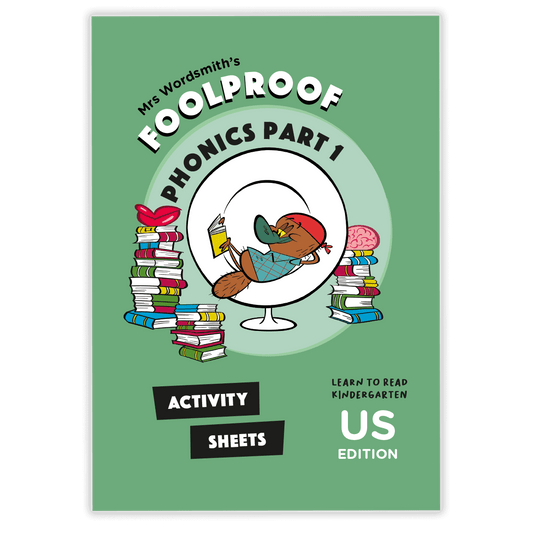
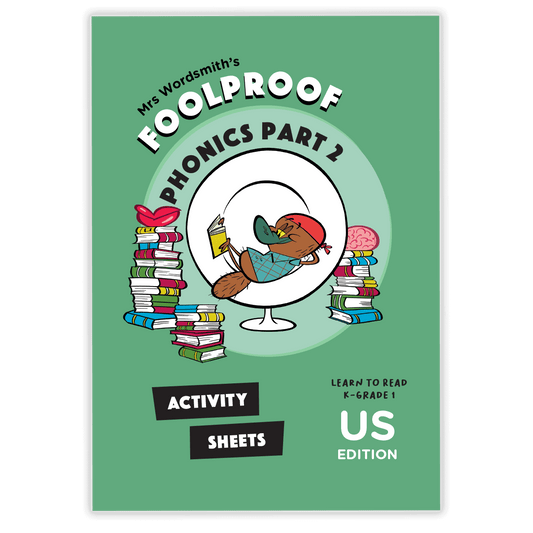




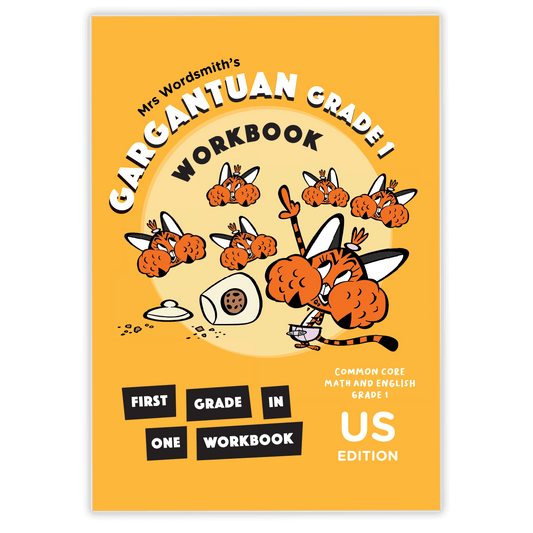





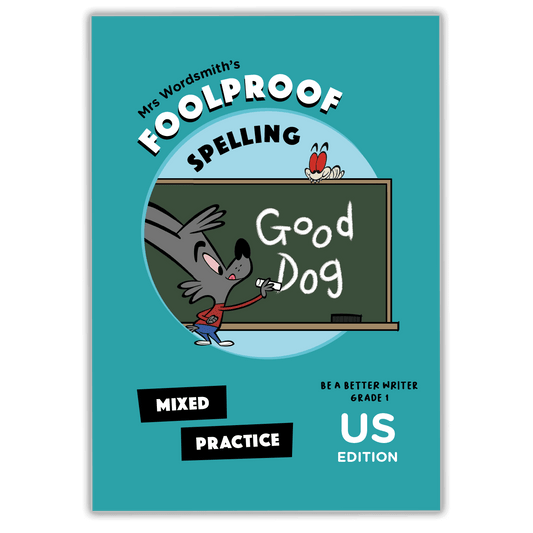
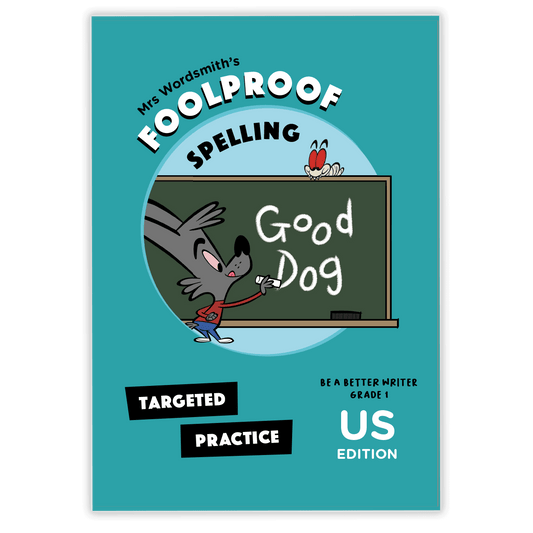

 https://mrswordsmith.com
https://mrswordsmith.com
Comment
Leave a comment